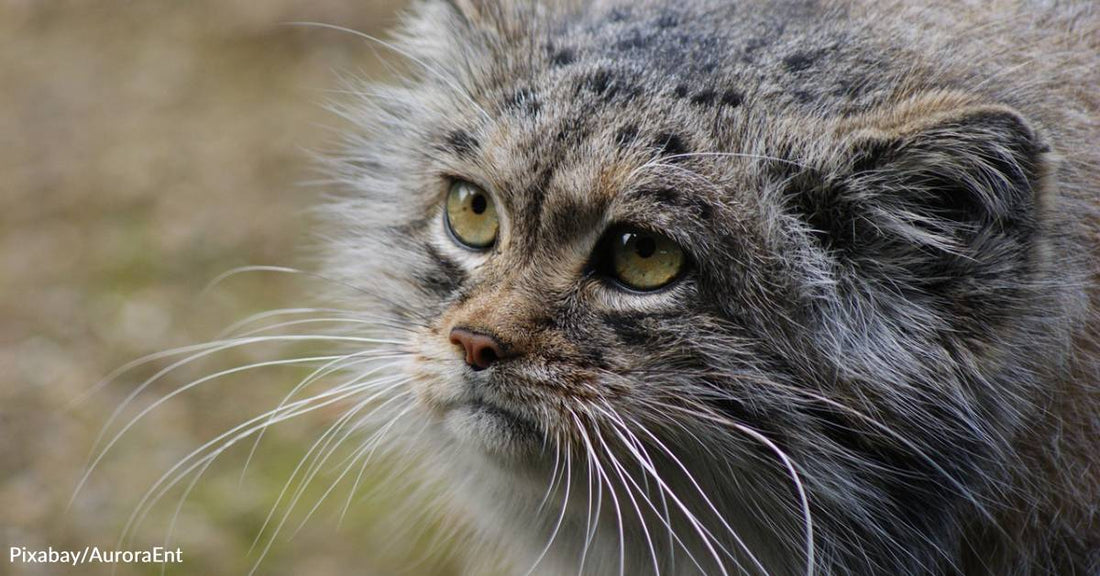Pallas's Cats Discovered in Eastern Nepal for the First Time Ever
Rebecca West
Breaking news: Pallas's cats have been reported on Mount Everest in eastern Nepal for the first time on record! Not hip to the specifics of this particular creature? The Pallas's cat, also known as the manul, is a small gray wildcat with long, dense fur. Adapted to the chilly climate in its native range, it has been recorded across the Caucasus, Iranian Plateau, Hindu Kush, parts of the Himalayas, Tibetan Plateau, Altai-Sayan region, and the South Siberian Mountains. But it's never been seen in eastern Nepal.
Seeing is Believing
And technically, it still hasn't been seen there, but its scat has. Scat is another term for animal droppings. In this case, the scat samples were made up of the cats' preferred meals: pika and mountain weasel. First described in 1776 by Peter Simon Pallas, the cats inhabit montane grasslands and shrublands where snow cover is less than 6–8 inches. The animals look for shelter in rock crevices and burrows and prey predominantly on lagomorphs and rodents.
Mt. Everest
The Pallas’s cat is considered the fluffiest feline on the planet, and it's famous for its grumpy face and habit of standing on its bushy tail to keep its paws warm. Because of their camouflage and reclusive nature, the shy Pallas’s cat is incredibly difficult to spot in the wild. Their poop, however, is another matter. Since they don't hide it or cover it up, it's like a tracking device for those in the know.
And it was poop that gave the cats' position away in eastern Nepal, within Sagarmatha National Park, Mount Everest Region. Of the samples tested, all of them contained pika, a small mountain-dwelling mammal found in Asia and North America, and one containing the digested remains of a mountain weasel. The samples were collected from two locations and determined to be from two different animals.
"These findings extend the range of Pallas’s cat into eastern Nepal and add a new species to the list of known mammals in Sagarmatha National Park," the Cat News report noted.
Pallas's Cat
So, if you're planning on tackling Everest anytime in the future, you may be able to cross a Pallas's cat sighting off of your bucket list as well. Have your camera ready just in case, because you're not likely to see one ever again.




